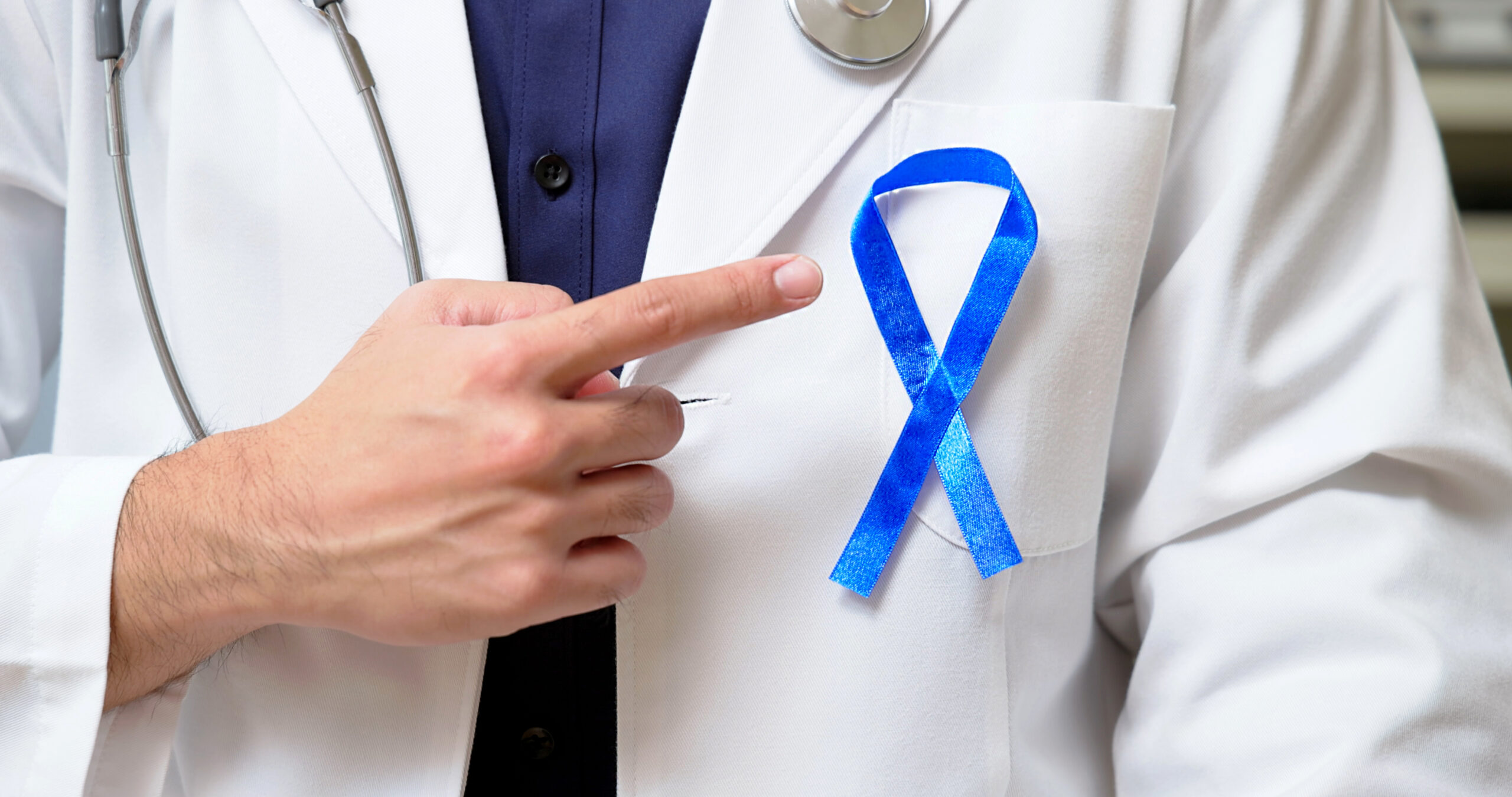Understanding and Preventing Colorectal Cancer With Memorial Hermann
The Risks, Symptoms, and Screening Options
BY PC Studios // 03.05.24
Understanding and preventing colorectal cancer with Memorial Hermann.
This article is promoted/partner content and not produced by the editorial staff.
March is Colorectal Cancer Awareness Month and in honor of the month, Gowrappala Ramesh, MD, F.A.C.P, A.G.A.F — a gastroenterologist affiliated with Memorial Hermann — is offering his expertise on the disease so Texans can not only increase their understanding of the third most common cancer in both men and women, but understand that catching the disease early often leads to better outcomes. For those struggling with colorectal cancer, Memorial Hermann offers comprehensive care.
More than 150,000 people will be diagnosed this year in the United States with colorectal cancer and it’s expected that more than 50,000 will succumb to the disease. Colorectal cancer affects the Black community more than any other, as they are 20 percent more likely to get colorectal cancer and about 40 percent more likely to die from it than other groups.
Dr. Ramesh shares some important information about the risks, symptoms, and screening options for colorectal cancer, as well as what readers can do to reduce their risk.

What is colorectal cancer?
Colorectal cancer starts in the colon and rectum. The colon is basically a long tube that allows food to travel down to the rectum and undigested food eventually will be released out of the body. It develops when polyps grow along the inner lining of the colon. If caught early and removed, the incidence of colorectal cancer decreases. If the cancer spreads from the colon and into lymph nodes and other organs, the chance of beating the disease decreases. This is why screening to catch the disease early is so critical.
How can a person reduce their risk for colorectal cancer?
The most common risk factors for getting colorectal cancer include obesity, eating large quantities of processed foods, eating too much red meat, a lack of physical activity, excessive alcohol consumption, and smoking. The most important preventive measures are diet and exercise. Eating a high-fiber diet and more chicken and fish will help. Staying fit is vital.
Try exercising the recommended 150 minutes a week to stay in shape and if you smoke, quit immediately. Also, avoid consuming excessive alcohol. Keep to two drinks or less for men daily, and one drink or less for women daily is recommended. If you don’t drink, please don’t start.
What are the symptoms of colorectal cancer?
The most common symptoms are abdominal pain, rectal bleeding, anemia, fatigue, unexplained weight loss, and a change in bowel habits. The problem is that by the time you have symptoms, the cancer has already advanced. This is why screening and catching the disease early is critical.
If we find it at stage I, the cure rate is 98 percent. Stage II is 85 percent. If we don’t catch it until stage III, this means the cancer has spread outside of the colon into the lymph glands and the chances of survival significantly decrease to 65 percent. If it goes to the lungs and liver, the cure rate is only 14 percent.
If we diagnose it early, this is a very preventable disease. It’s the only cancer that gives us a lead time of five to 10 years to find and cure it.
What is the best screening tool for colorectal cancer?
I believe colonoscopy is the best screening tool. It not only screens individuals for colon cancer, but helps us identify polyps, or precancerous lesions, in the colon and rectum, and gives us the opportunity to remove them, dramatically decreasing the chances you will develop colorectal cancer.
A colonoscopy is not only screening individuals for colon cancer, but it also helps prevent it. It does require a complete cleansing of the colon before the procedure. I know this is sometimes not appealing. If one does not want to do colonoscopy, then stool-based tests are good at detecting cancer, but not the best at detecting polyps. Keep in mind, if the stool-based test shows abnormal results, you will still have to undergo a colonoscopy to find out what is going on.
What is the recommended age a person should begin the screening process?
In recent years, we have seen an increase in the rate of colon cancer in people under age 50. The number of people dying of the disease in the same age range has also increased. Those findings led to the development of the current guidelines for people with no family history to start undergoing screenings at age 45.
Genetic risk based on your family history is not something you can change, but if you have a family member who has had colon cancer or high-risk polyps, you want to start screening earlier, at age 40 (or 10 years earlier than when the family member was diagnosed with colon cancer). The frequency of colonoscopies will depend on how many polyps are found, as well as the size and pathology type of those polyps. Patients with Inflammatory Bowel Disease, Ulcerative Colitis, Crohn’s Disease, a history of previous polyps or cancer, and hereditary colon cancer are at high risk for developing colorectal cancer. If you have questions, please consult your gastroenterologist for guidance.
Learn more about preventing colorectal cancer and scheduling your colonoscopy at memorialhermann.org/colon